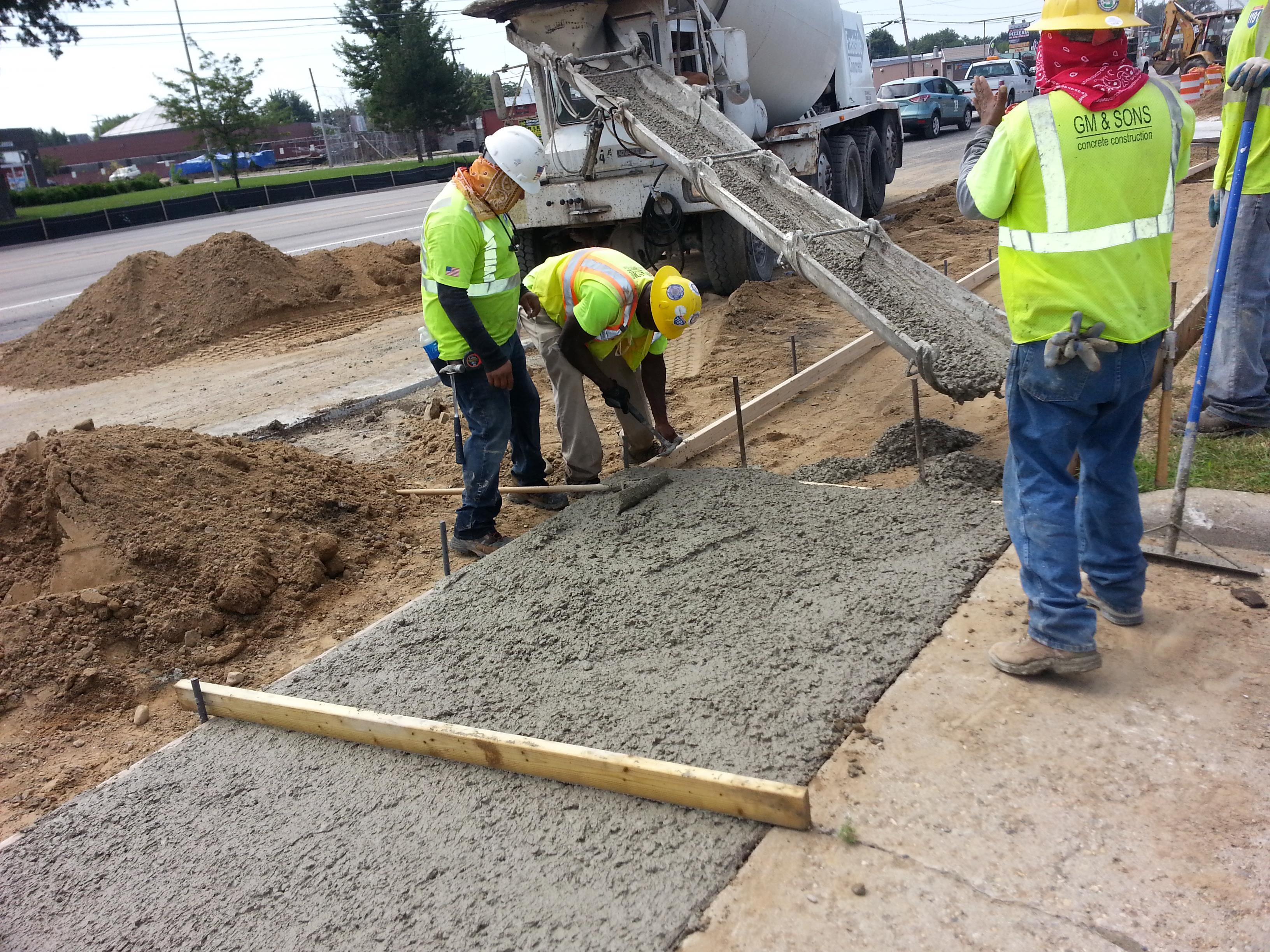The Davis-Bacon Act and Prevailing Wages
June 23, 2020 | by morwebadmin

What does the Davis-Bacon Act require?
Enacted in 1931, the Davis Bacon Act requires the payment of prevailing wages on any federally funded or assisted project involving the construction, repair and/or alteration of a public building in excess of $2,000.
The specific requirements of the Davis-Bacon Act are as follows:
- Davis-Bacon prevailing wages, including fringe benefits, must be paid on all hours worked on federally-funded projects in excess of $2,000;
- Contractor/subcontractors’ obligation to pay at least the prevailing wage listed in the contract wage determination can be met by paying each laborer the applicable prevailing wage entirely as cash wages or by a combination of cash wages and employer-provided bona fide fringe benefits;
- Apprentices (or trainees) may be employed at less than the Davis-Bacon prevailing wage rate(s) listed in the contract wage determination only when they are in an apprenticeship program registered with the Department of Labor (“DOL”) or with a state apprenticeship agency recognized by the DOL;
- Contractors/subcontractors are required to pay covered laborers weekly and submit weekly certified payroll records to the contracting agency; and
- Those contractors/subcontractors employing covered laborers are also required to post the applicable Davis-Bacon wage determination with the Davis-Bacon poster on the job site in a prominent and accessible place where they can be easily seen by the laborers.
How is the Davis-Bacon “prevailing wage” determined?
The Davis-Bacon “prevailing wage” is the combination of the basic hourly rate and any fringe benefits listed in a Davis-Bacon wage determination. Davis-Bacon labor standards clauses must be included in covered contracts in order to ensure that contractors and subcontractors pay laborers at least the Davis-Bacon prevailing wage determination (including fringe benefits) for the work performed.
The wage determination is made based upon wages paid to various classes of laborers employed on specific types of construction projects in an area.
What are some notable problems with contractors/subcontractors’ compliance with the Federal Davis-Bacon requirements?
- Failure to pay full prevailing wage, including fringe benefits, for all hours worked (including overtime hours);
- Inadequate recordkeeping, such as not adequately reporting all hours worked or not recording hours worked by a laborer working (2) or more laborer classifications during the same day;
- Failure to maintain individual registration documents for apprentices;
- Failure to submit weekly certified payrolls; and/or
- Failure to post the Davis-Bacon poster and applicable wage determination.
What are the penalties for contractor/subcontractor non-compliance with Federal Davis-Bacon requirements?
Violations of the Davis-Bacon contract clauses may be grounds for:
- Federal contract termination;
- Contractor/subcontractor liability for any resulting costs to the government; and/or
- Debarment from future contracts for a period up to three (3) years.
A CALL TO ACTION for Laborers’ Local 1191 Members…
Local communities ultimately benefit from the Davis-Bacon “prevailing” wage because it ensures that each federally-funded construction project has laborers experienced in their crafts, as well as all necessary health and safety procedures.
Since Michigan’s Legislature voted to repeal the State’s Prevailing Wage Law on June 6, 2018, it is imperative that each Local 1191 member contact their respective member(s) of Congress to ensure that they understand the importance of protecting public investments by standing strong against weakening Davis-Bacon prevailing wage rules.
The State’s repeal of its Prevailing Wage Law, which required that any construction firm securing state-funded projects pay laborers union-scale wages and benefits, does not impact the Federal Davis-Bacon Act requirements discussed above.

